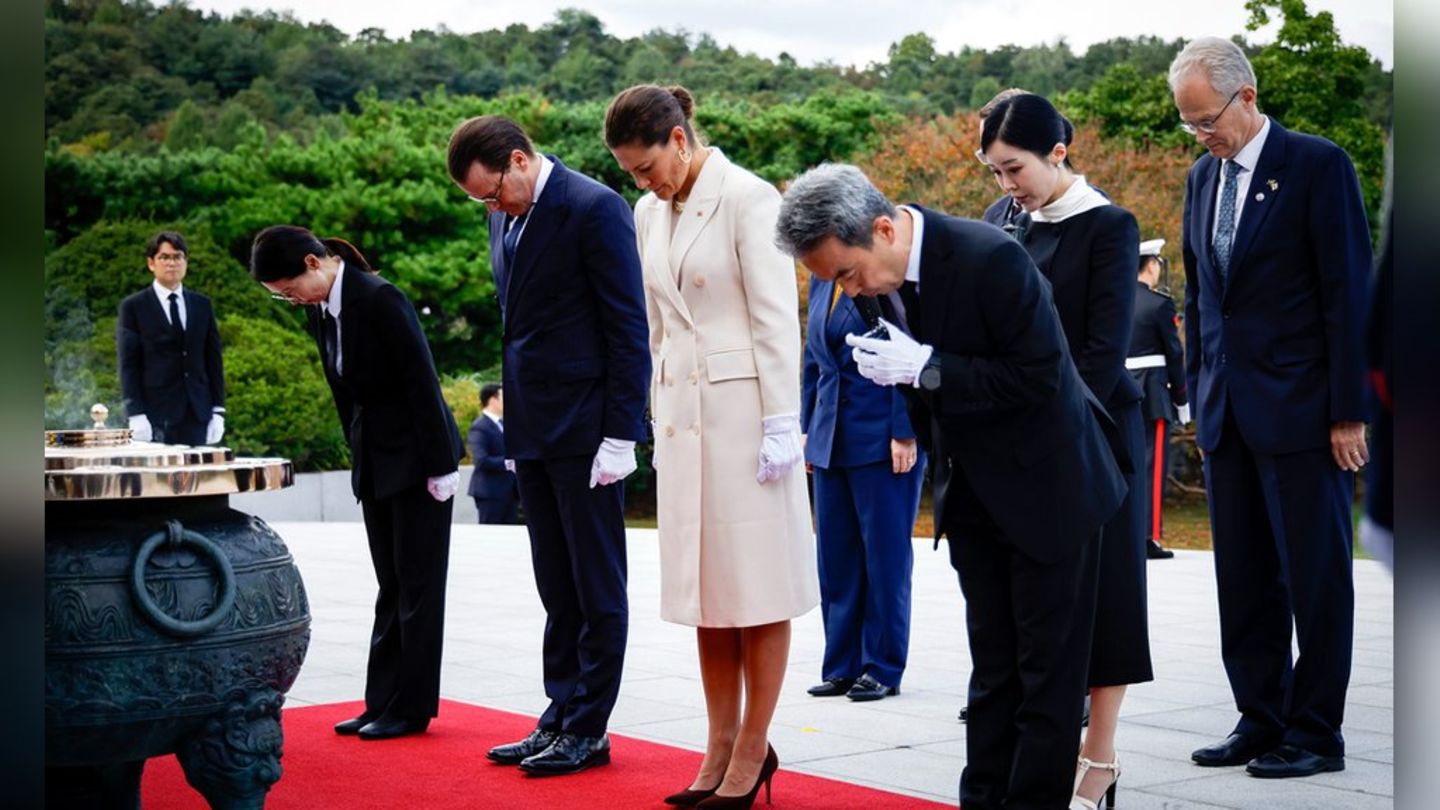At a complicated start to the year for the economy due to high inflation and exchange rate tension, the automaker Volkswagen (VW) joined General Motors and will postpone the restart of its production. In principle, I would do it until the end of February or beginning of March. The German firm had planned to return to activity on January 29, after the holiday break that began at the end of the year, although plans changed in recent days.
The reason for this decision is the debt accumulated with foreign suppliers due to non-payment of imports made throughout 2023, as a consequence of the total stocks ordered by former minister Sergio Massa.
According to auto parts sources, the restart would occur in “week 10”, that is, March 4.
For this reason, the automaker is analyzing the acceptance of the bonus launched by the government, although the decision will depend on the approval of the headquarters in Germany. In that sense, Toyota was the first terminal to join this system. The plant had been producing in two shifts for the manufacture of the Taos and Amarok models. In this way, it adds to the decision made by General Motors that Ámbito anticipated.
There are also other automotive companies with difficulties in normalizing supply. For example, Renault would have several local suppliers with problems producing because of the refusal of foreign companies to continue sending supplies. The Córdoba plant – where Nissan’s Frontier pickup is also manufactured – plans to resume production on Monday.
The situation is different with the new imports that began to be made from the new government since there is a payment schedule system that began to be carried out this week and the first importers already received dollars at the official value to cancel the new purchases.
Although the import regime was made more flexible with the new government and the first releases of dollars by the Central Bank began to pay foreign suppliers, the situation of the industries remains delicate for the supply of imported parts and inputs due to the debt accumulated throughout 2023 in foreign trade.
The automotive sector is one of the most affected and last year suffered constant production interruptions due to supply cuts by international companies that refused to continue shipping products due to non-payment.
The end-of-year break and the holiday period caused an impasse in this problem, but the restart of activity comes with complications.
The restart date has not yet been defined at GM, although, according to Ámbito, the inactivity would continue for one or two weeks.
If it were for a week, the labor solution would be channeled through the advancement of the winter vacation period. That is what would be communicated to the workers, since they would have to sign that agreement.
On the other hand, for a longer period of time, a suspension scheme would have to be entered.
That is what the company is negotiating with the SMATA union. At the moment there is no agreement.
The General Motors plant now produces only one model: the Tracker SUV. Until the end of the year, the Cruze was also manufactured, but it was discontinued due to the end of the model’s life.
In the latter part of last year, General Motors closed for three weeks for this reason: foreign suppliers cut off merchandise shipments due to the debt accumulated from imports.
The former Minister of Economy, Sergio Massa, had ordered that the terminals and auto parts companies finance themselves on their own with the promise that, within a certain period, the Central Bank would deliver the dollars at the official value to cancel those debts.
However, the payment term was always changing and left his administration with an accumulation of debt for the sector that exceeds US$8,000 million.
The government of Javier Milei proposed a bond (Bopreal) to pay this debt over a period of four years, but the many companies abroad do not accept this system and demand the immediate cancellation of that debt to continue supplying.
Source: Ambito




